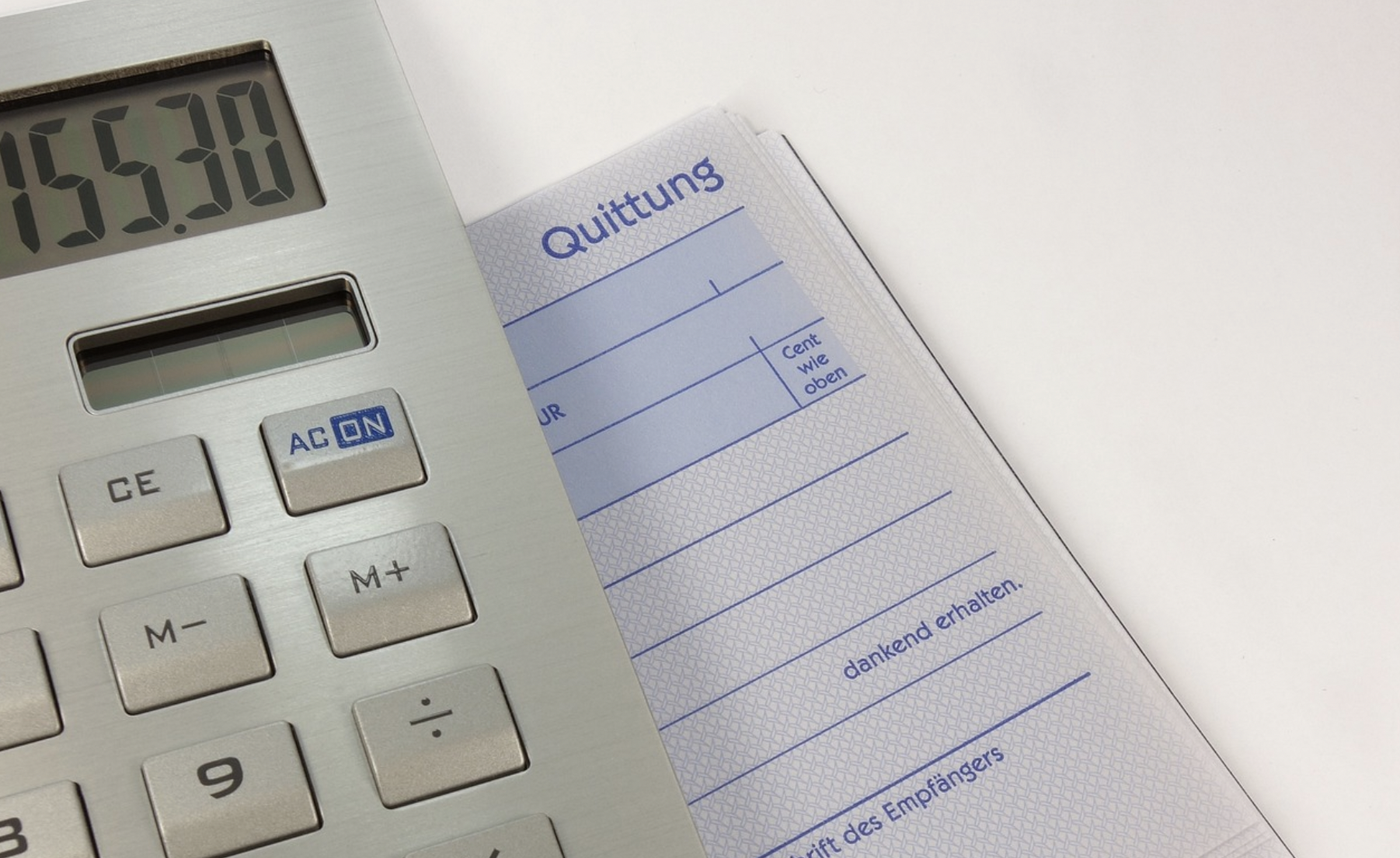Companies can expect significant inspections by the tax authorities: a fine of up to 260% can be imposed
In the coming period, taxpayers can expect frequent inspections by the tax authorities, especially in the field of general sales tax (VAT). The PwC Legal lawyers of the Réti, Várszegi and Partners Law Firm summarized the extent of sanctions that the tax authority can impose due to the deficiencies discovered during the audit.

It is not difficult to become a risky taxpayer these days
“If the tax authority determines a tax deficiency during the audit, it imposes a tax fine. The tax difference determined for the taxpayer is considered a tax deficiency, but in the case of self-taxation, only if the tax difference was not paid by the due date or if the budget support was used. The tax authority also imposes a tax penalty if the taxpayer has submitted his request for support, tax refund, or tax refund without authorization, or his declaration regarding the request, support, or refund”
– points out Dániel Kelemen, PwC Legal lawyer of the Réti, Várszegi and Partners Law Firm.
The amount of the fine can be no more than 200% of the tax deficiency or the unauthorized claim, if the tax deficiency was caused by concealing the income or using false documents. It is important to note that in the current practice of the tax authority, the application of a 200% fine is very common, in the case of questioning the right to deduct VAT charged in accepted supplier invoices, this happens in a significant number of cases. Moreover, the so-called in the case of risky taxpayers, 260% of the fine base can be imposed, in such a case there is no way to avoid the imposition of the tax fine, nor to reduce the fine.
PWC Legal
Related news
What does NAV’s new audit plan tell companies? – EY analysis
🎧 Hallgasd a cikket: Lejátszás Szünet Folytatás Leállítás Nyelv: Auto…
Read more >







